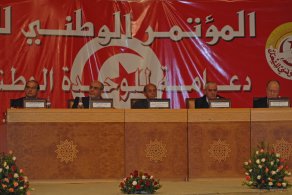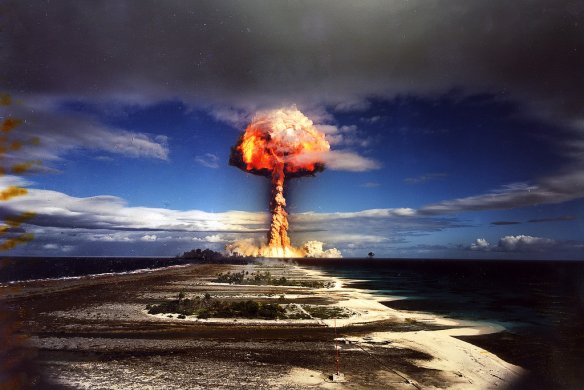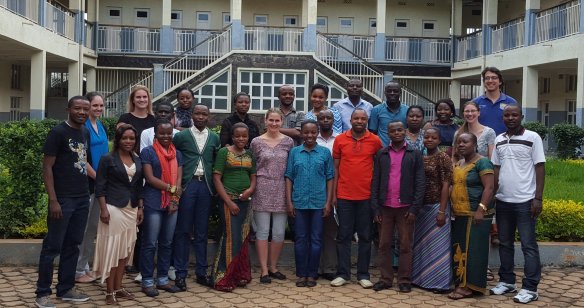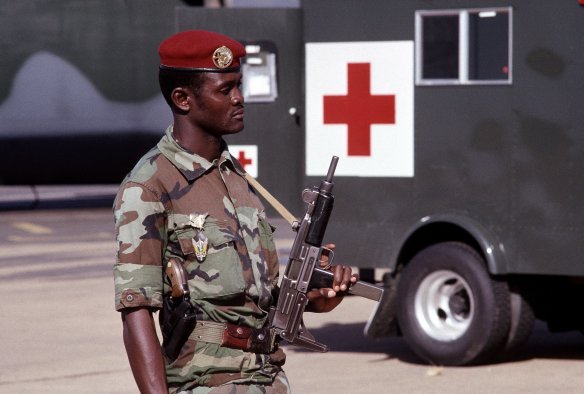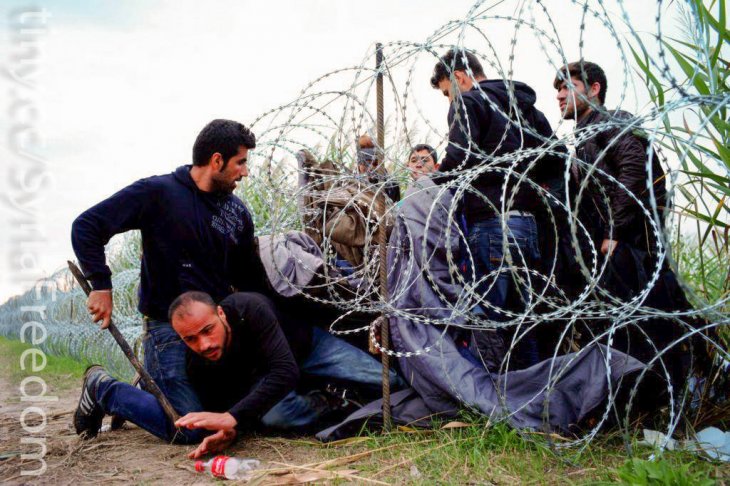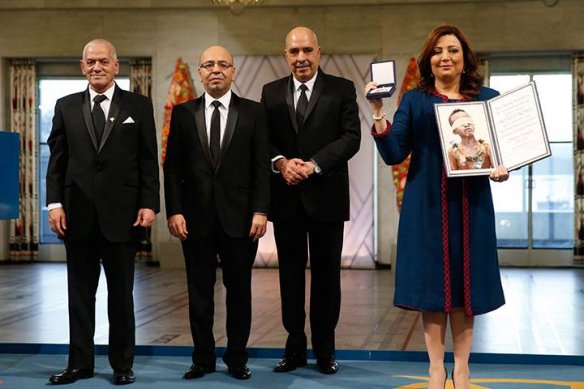
National Dialogue Quartet
Why did Tunisia succeed in reaching a compromise that led to democratic development, while other countries in the region have failed?
The answer does not lie in the large numbers of activists and demonstrators. There were also massive crowds protesting against the regimes in countries such as Egypt and Yemen. Nor is the answer an absence of Islamists. Islamist parties dominated in all the Arab countries.
Following the award of the Peace Prize, politicians and commentators have emphasized that the award shows the importance of “dialogue” and “compromise” in the building of strong democracies. But dialogue alone is insufficient. In Tunisia’s neighbour Egypt there were several attempts at national dialogue. The parties engaged in discussions, but never reached agreement.
